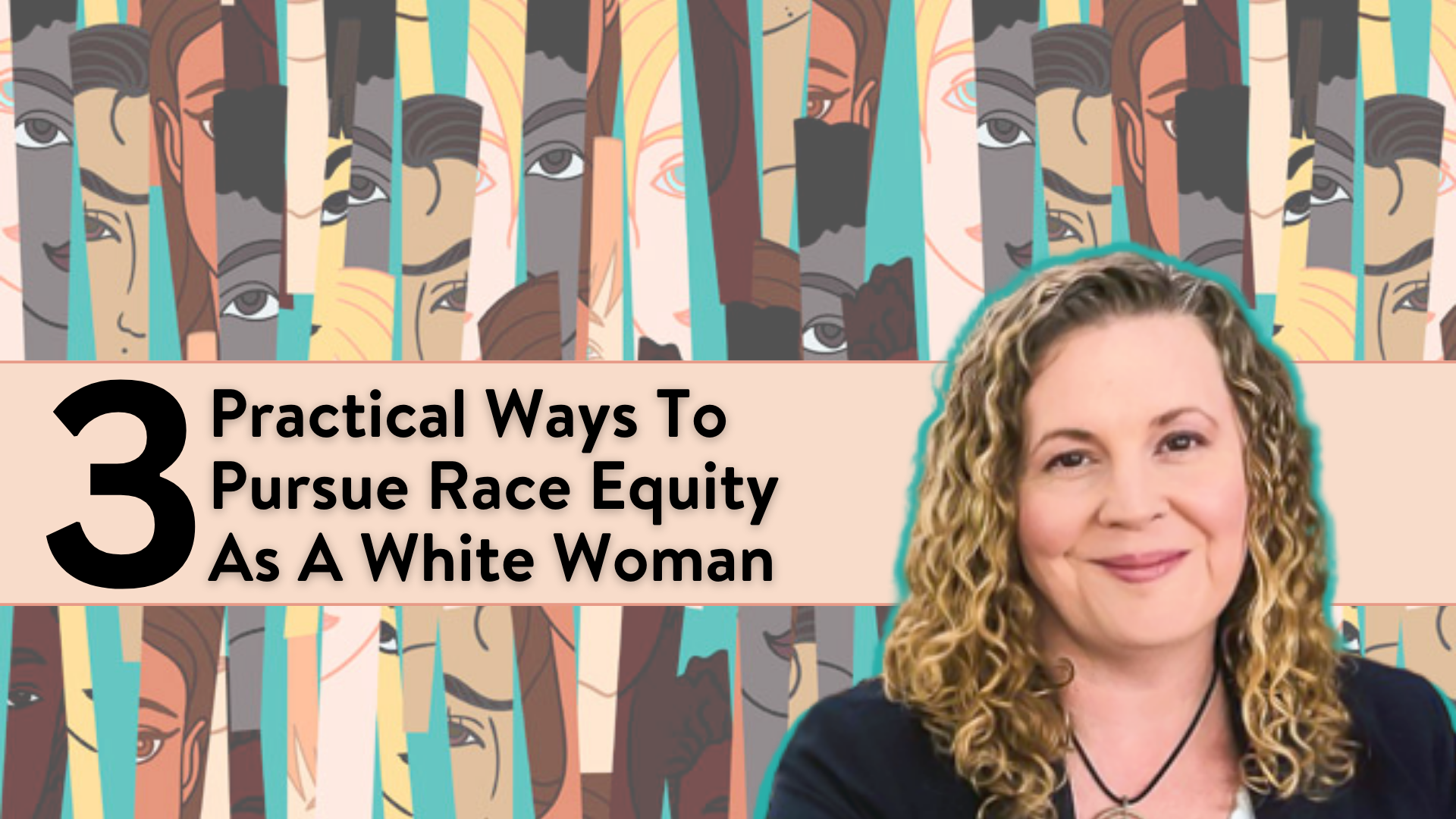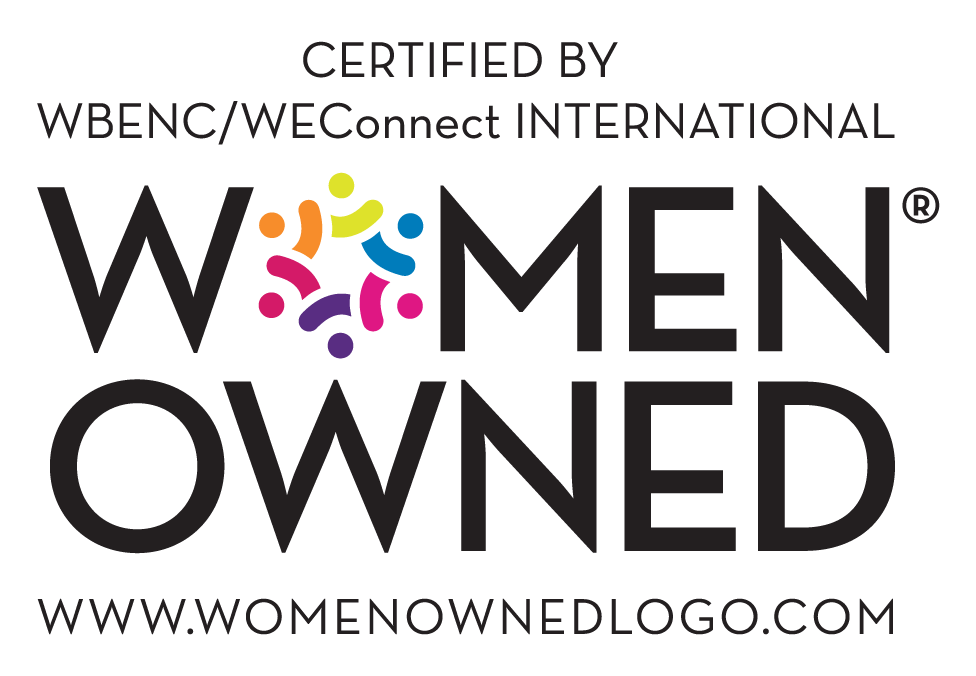
From my standpoint, equity is an intentional practice, not an expertise.
This is not to say that there are no experts in the field of equity; brilliant people have dedicated themselves to learning and teaching about it. However, that isn’t my path, so how can I as an individual and a professional pursue equity?
Transparently, for most of my life, I didn’t view the world through a racial lens. My race was a fact that I rarely considered in any depth past marking it on a form. When I began to notice and learn about race and the differences between my experience and those of other races, I had a lot of new and uncomfortable emotions.
I particularly remember the day I experienced myself as a middle-aged white woman. I was working to establish a diverse women’s group and was speaking with a Black woman who identifies as LGBTQ. I could sense a bit of suspicion from her of me, and when I walked away, the realization was like a lightning strike. As my grandmother would have said, “She didn’t know me from Adam.”
What she did know was my age and my regional and racial identity (Southern accent and all). She also likely knew something that I was never taught: that Southern white women have participated, perpetuated, and initiated horrible, dehumanizing acts against both LGBTQ and Black people, and they still do. That “lightning strike” of awareness made it crystal clear that while I rarely even consider how my race impacts the way I move through the world, it is a constant that Black and BIPOC people rarely are allowed to forget.
That moment led to a lot of exploration that brought up feelings of embarrassment, shame, and guilt. Later, when I began to share what I was learning with other people, particularly other white people, I felt a lot of fear and insecurity.
Another moment that stands out was a conversation with my friend, mentor, and the founder of Standpoint Consulting, Dr. Adriane Johnson-Williams. I worried about how I could ever gain enough expertise about racial equity to help pursue it. She told me that by seeking to notice and learn about experiences different than my own, developing deep and abiding personal relationships with Black women, and committing to expand my awareness of how race impacts everything in our country, I would gain expertise. She said that my expertise is my lived experience and the firsthand knowledge I have of how to practice racial equity in my daily life.
It would be years before I understood what she was saying. Even now, as we work to center racial equity in all we do at Standpoint, I often feel out of my depth. I have realized that pursuing equity is a lifelong practice.
Practicing equity may be like planting a tree that will never offer me shade.
Here are three ways I practice pursuing racial equity as a white woman.
- I listen and believe people of color when they tell me their experiences. When I feel incredulous, defensive, and judgmental, I take a breath and ask myself why I am having that reaction. Getting curious has allowed me to discover that some of my beliefs were formed from incorrect information. Just this week on an episode of “Taste the Nation” with Padma Lakshmi about the Gullah Geechee people of South Carolina, I learned that some word pronunciations like “skrawberry” or “skrimp” aren’t just broken English or ignorance, but a mixture of languages from various African nations that through enslavement were forced to figure out how to communicate. In some cases, the native languages did not include the “t” sound, and the “k” was a close substitute. The pronunciations were passed down through generations and are a connection to the ancestors.
- I pay attention to see the inequity in the racial makeup of organizations and economic distribution where I live. Memphis is a city with a 64% Black population, so participation in the workforce and the distribution of wealth should reflect that. Yet, it does not. When an organization is fully or majority white, or if the leadership team is majority white and the frontline employees are majority Black or BIPOC, I know there are systems and processes that are not equitable and need to be addressed. The fact that the majority of Memphians who are paid poverty wages are Black and/or BIPOC tells me that there are systems and practices at work that are not equitable.
- I am committed to living a life where I work, socialize, and form close friendships with people different from me. This takes time and intention to achieve. I am not suggesting that you quit your job if it lacks diversity. I am saying that when your company asks if you know any job candidates, you commit to recommending Black and BIPOC people, too. That means you’ll have to actually know Black and BIPOC people, which takes intention. Network in places that are diverse and challenge yourself to meet new people that you identify as different from you. When you click with someone who is different from you, pour yourself into that relationship to build deep and abiding affinity for each other; work to build the kind of relationship where you celebrate and support each other, visit each other’s homes, break bread with each other, and meet each other’s friends and families. When we have these deep and authentic relationships, we find how much we are alike, and their joys become ours, as do their struggles.
Practicing equity may be like planting a tree that will never offer me shade. But it’s a commitment I am happy to make so that my community’s children will one day live in a more just, kind, and equitable world.



